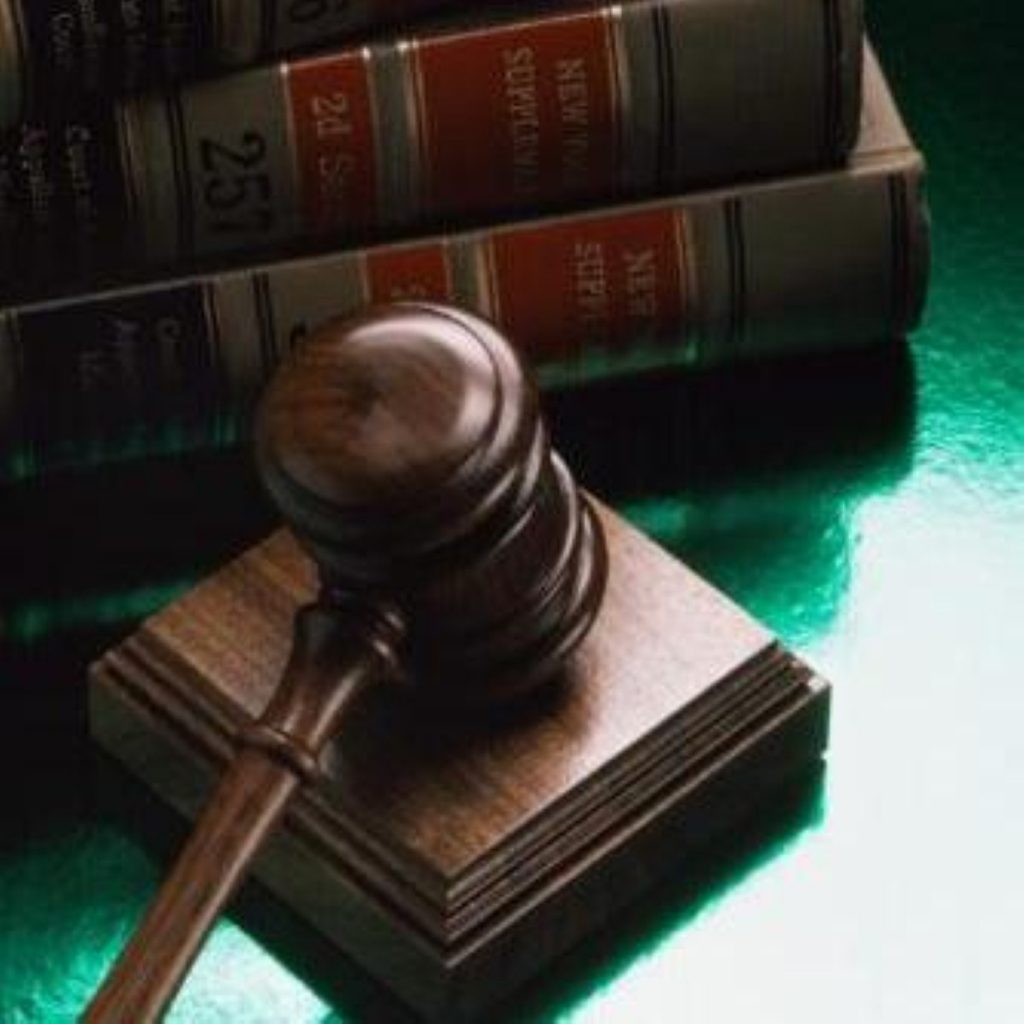Unequal extradition ‘must end’
Liberal Democrat leader Menzies Campbell has called for an end to the unequal extradition rights that could see three NatWest bankers sent to the US to face trial.
Sir Menzies described the 2003 Extradition Act as a “constitutional disgrace” because while it has legal force in the UK, the US senate has not yet ratified the treaty that led to it.
This situation has been highlighted by a case involving three UK bankers, who are wanted in the US over the Enron accounting scandal and are set to face extradition this month.
However, they say they are innocent of the fraud charges, and should be tried in England if anywhere as this is where they were working at the time of the allegations.


Currently extradition laws mean that the US does not need to provide prima facie, or obvious, evidence of guilt to extradite UK citizens. However, until the US senate ratifies similar legislation in America, UK authorities have to provide such evidence to extradite someone to the UK.
A bill going through the House of Lords could be amended to offer British citizens greater protection against extradition requests, but any changes – if passed – would not come into force until it is too late for the NatWest three.
As such, Sir Menzies is calling for emergency legislation to protect David Bermingham, Gary Mulgrew and Giles Darby.
“We have this extraordinary situation in which we essentially have a unilateral treaty,” Sir Menzies said.
“It’s a piece of ineptitude on the part of the government, and particularly the Home Office, which has got to be put right.”
Sir Menzies argued that a bill consisting of a single clause – that extradition treaties would not be honoured by the UK until ratified by the partner nation – could get through parliament in less than 24 hours with cross-party support.
The government denies claims that the extradition arrangements are one-sided, saying that the evidence needed to extradite someone to the US is similar to that needed by the UK and most European countries.

